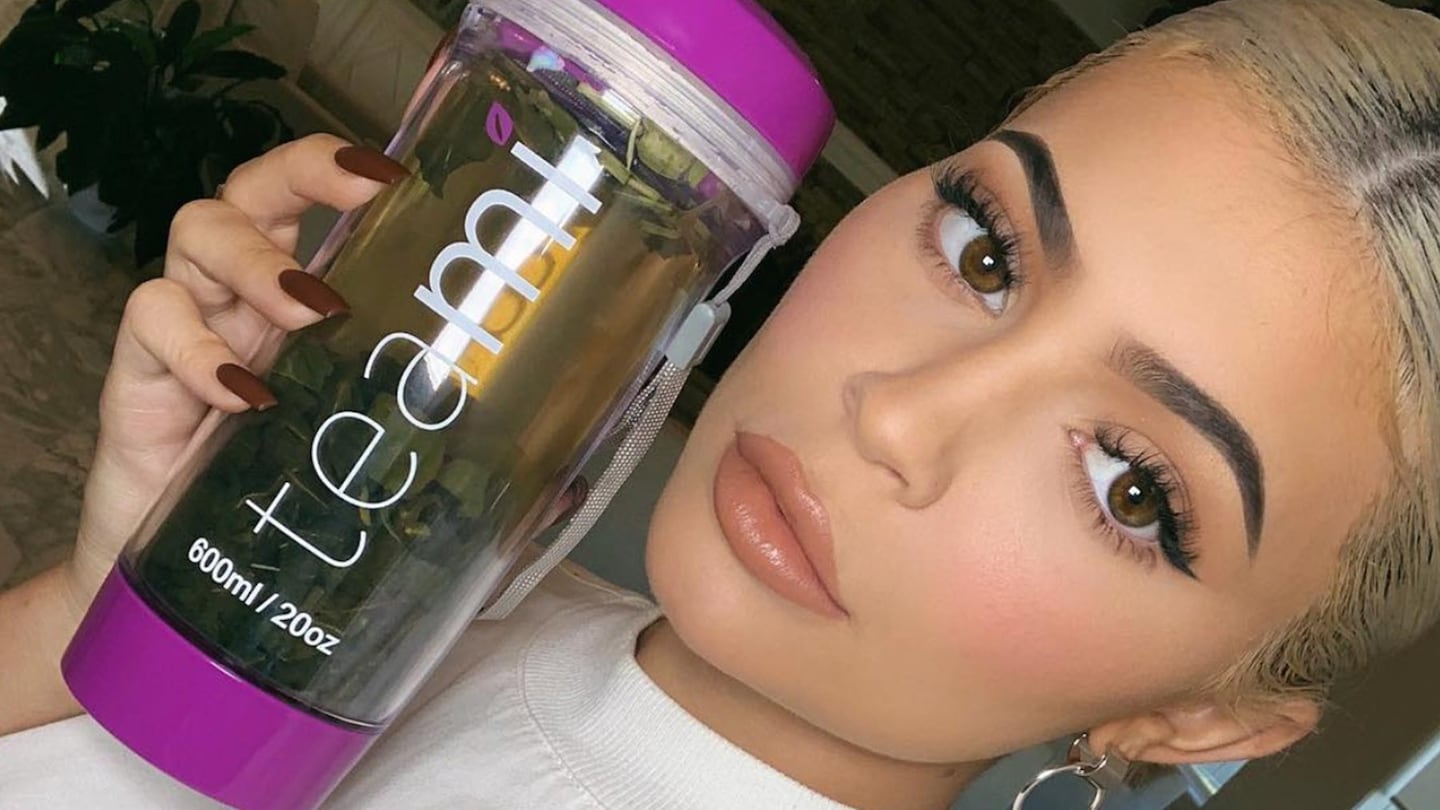
The Business of Fashion
Agenda-setting intelligence, analysis and advice for the global fashion community.

Agenda-setting intelligence, analysis and advice for the global fashion community.

NEW YORK, United States — A US lawmaker is taking on one of the cornerstones of the influencer economy: detox teas.
On Tuesday, Sen. Richard Blumenthal (D-CT) sent a letter Tuesday to the chairman of the Federal Trade Commission (FTC), calling for a federal investigation into the “misleading, predatory marketing practises” of tea products and the influencers that hawk them.
“These products, marketed to adolescents and young adults through celebrity endorsements and social media for weight loss and wellness, are ineffective at best and dangerous at worst,” Blumenthal wrote in the letter. He went on to single out manufacturers’ use of influencers in marketing, which he said targeted “young adults who are already vulnerable to body shaming.”
In an email, the FTC confirmed to BoF it had received the letter, but declined to comment further.
ADVERTISEMENT
Congress has increased its scrutiny of large technology companies recently, with critics from both sides of the aisle questioning their size and influence. This past week, the Justice Department and the FTC announced they would launch an antitrust investigation into Google, Amazon, Facebook and Apple. Blumenthal’s request for the FTC to take on the influencer economy isn’t without precedent; in 2017, the agency sent 90 letters to influencers it claimed had failed to disclose they had received payments for endorsing products in posts.
In the letter, Blumenthal called out specific brands that he alleged were using the power of influencers unlawfully, including Flat Tummy Co, Lyfe Tea, BooTea, MateFit and Fit Tea. These brands all have deep roots in the influencer universe, counting on YouTube beauty vloggers, Hollywood actresses and reality TV stars to promote their tea products. These companies count on influencers to turn their social media following into customers, and they can pay as much as six figures per post. Blumenthal called out Kim Kardashian specifically as a celebrity who was guilty of marketing to "vulnerable teenagers and young adults."
https://www.instagram.com/p/BsJsNcOnFDP/
Blumenthal also wrote that these tea brands have “exaggerated or blatantly false claims” regarding weight loss. The main ingredient is often senna, an over-the-counter laxative that is approved by the U.S. Food and Drug Administration for occasional use. Frequent use of such products can cause harm to the heart, liver and bowels, among other issues, but this information is rarely included in the posts of influencers.
Teatoxes first exploded in popularity on social media in 2016, according to a BoF analysis of Google search trends. The backlash was immediate, though interest in the products has remained fairly consistent over the years, according to Google data.
Jennifer Powell, an influencer agent said she recommends influencers stay away from promoting products like teatoxes.
“It makes me nervous to have the girls support things that need to be ingested without really understanding the full medical ramifications and side effects or if the product does what it says it does,” she said. “The big payouts are definitely not worth it long term.”
More recently, some celebrities have spoken out against these products. The British actress Jameela Jamil took to Twitter last year to rebuke icons like Cardi B and Khloe Kardashian for promoting laxative teas.
ADVERTISEMENT
https://twitter.com/jameelajamil/status/1067105059719176192?
“I was the teenager who starved herself for years, who spent all her money on these miracle cures and laxatives and tips from celebrities on how to maintain a weight that was lower than what my body wanted it to be. I was sick, I have had digestion and metabolism problems for life,” she wrote on Twitter. “I am not going to stop coming after all the people, men and women, who perpetuate this gross culture of forcing women to remain small and doll-like in order to be accepted by society.”
If the FTC does take action, it could cause trouble for influencers that rely on these companies for paychecks. That, though, might not necessarily be a bad thing, noted Jenna Wise, a co-founder of the brand-building advisory company Stone Set Studio.
“Influencers should use their platforms responsibly and understand their impact,”Wise said. “If an influencer doesn’t build their brand around [an] audience with trust at core, then what type of promise is that and what’s the shelf life for the brand?”
Related Articles:
[ The New Rules of Influencer MarketingOpens in new window ]
[ Special Report: How to Maximise Your Influencer StrategyOpens in new window ]
[ Why Health and Wellness is Fashion's Biggest New CompetitorOpens in new window ]
From analysis of the global fashion and beauty industries to career and personal advice, BoF’s founder and CEO, Imran Amed, will be answering your questions on Sunday, February 18, 2024 during London Fashion Week.
The State of Fashion 2024 breaks down the 10 themes that will define the industry in the year ahead.
Imran Amed reviews the most important fashion stories of the year and shares his predictions on what this means for the industry in 2024.
After three days of inspiring talks, guests closed out BoF’s gathering for big thinkers with a black tie gala followed by an intimate performance from Rita Ora — guest starring Billy Porter.